Organic/Natural Sunscreen for Infants: How to Prepare & Tips to Use

- Benefits of Using Natural Sunscreens for Babies
- Know the SPF Content of Natural Ingredients Used in Homemade Sunscreen
- Natural Sun Lotion Recipe for Infants
- Tips for Using Sunscreen on Baby Skin
- FAQs
Basking in the sun can be pleasurable, especially during cold weather. However, it can be harmful to your little one, as a baby’s skin is extremely sensitive. This is why it is essential to use sunscreen to protect your baby’s skin from the harmful rays of the sun. It’s no surprise that many parents ask, “Can you put sunscreen on a newborn?” a valid concern given how delicate infant skin is.
While there are many types of sunscreens available in the market, it is always best to opt for natural ones. When choosing the best organic infant sunscreen, you ensure that your baby’s skin is shielded with the safest, most gentle ingredients, free from harsh chemicals that could cause irritation or allergies. Organic sunscreens not only provide excellent protection but also nourish your baby’s skin with natural, soothing elements, making them the ideal choice for your little one’s skincare routine.
Benefits of Using Natural Sunscreens for Babies
Babies have delicate, sensitive skin that needs extra protection from the sun’s harmful rays. Below is a list of benefits that highlight why natural sunscreens are a smart choice for babies (1).
1. Gentle on Sensitive Skin
Natural sunscreens are made with mineral-based ingredients like zinc oxide or titanium dioxide, which are less likely to cause irritation or allergic reactions on a baby’s delicate skin.
2. Free From Harmful Chemicals
They are typically free from synthetic chemicals such as oxybenzone, parabens, and artificial fragrances that may be harmful or disruptive to a baby’s health.
3. Broad-Spectrum Protection
Natural sunscreens provide effective broad-spectrum protection against both UVA and UVB rays, helping prevent sunburn and long-term skin damage.
4. Environmentally Friendly
Many natural sunscreens are reef-safe and biodegradable, making them a better choice for the environment compared to conventional sunscreens (2).
Also Read: How to Take Care of Newborn in Summer
Know the SPF Content of Natural Ingredients Used in Homemade Sunscreen
Sun Protection Factor (SPF) measures how well sunscreens are able to protect the skin from the harmful UV rays of the sun. The UV rays are said to be what causes sunburns, skin cancer, and skin damage (3).
When it comes to the natural ingredients, we can estimate the SPF content quite easily.
1. Carrot Seed Oil
Though the SPF content of 35 – 40 in carrot seed oil is a little high for babies, it makes for an amazing ingredient to add to your homemade batch (4).
2. Red Raspberry Seed Oil
It has an SPF content ranging between 25 and 50 (4).
3. Coconut Oil
Coconut oil has SPF ranging from 4 to 6 but it is the most affordable SPF oil (5).
4. Almond Oil
Almond oil is used as an ingredient in many baby products and is the most preferred oil for massages. This oil has an SPF of about 5 and is a good option, as it will let the skin absorb enough sunlight to synthesise Vitamin D (5).
5. Shea Butter
With an SPF of 4 to 6, this provides the perfect amount to shield your precious baby from the harmful rays of the sun.
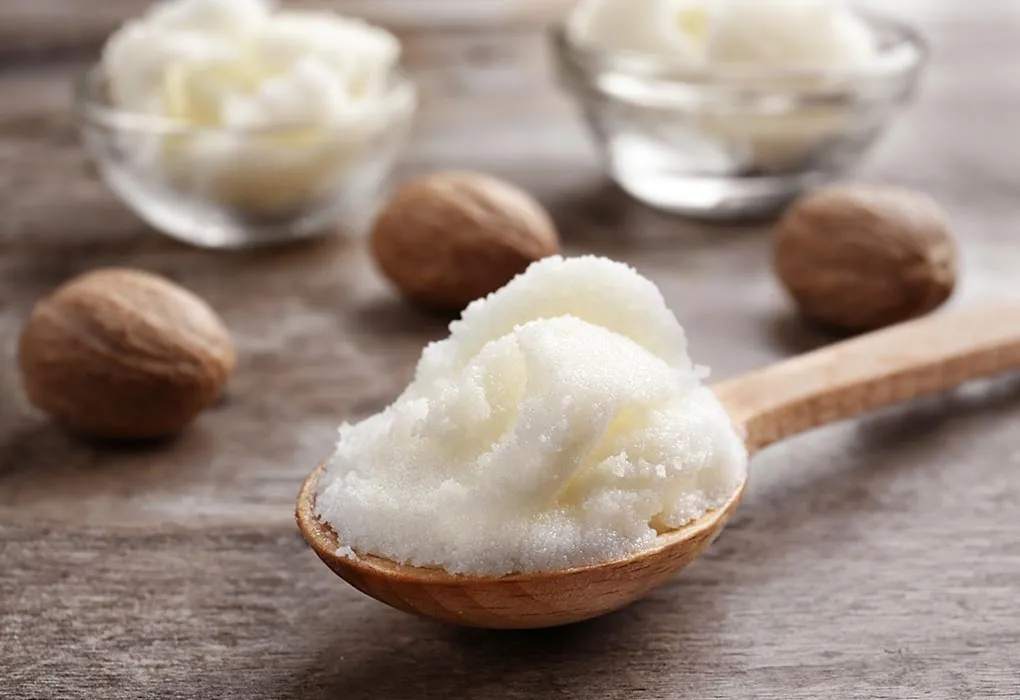
Natural Sun Lotion Recipe for Infants
After looking at the best natural SPF ingredients, let’s move on to how to make a natural and homemade sunscreen.
1. Things Needed to Prepare Homemade Sunscreen
Grab yourself a glass bowl, a small saucepan and a whisk, and get started. Don’t forget to keep some glass jars with lids ready to hold the prepared sunscreen lotion.
- SPF Oil – One ounce of your preferred oil. The best to use is almond oil, but you can always mix almond oil and coconut oil in equal amounts for a pocket-friendly version.
- Other Oil – 1 ounce of sesame, sunflower, or jojoba oil. For more sensitive skin, opt for jojoba oil.
- Zinc Oxide – Opt for the non-nano size zinc oxide, as this is non-toxic and does not irritate the skin, while, at the same time, providing a broader spectrum of sun protection from the harmful rays of the sun. 5% zinc oxide has an SPF between 2 to 5.
- Shea Butter – Take 8 ounces of shea butter.
- Beeswax Granules – Two tablespoons of this will add some waterproof properties to the sun lotion.
2. Steps for Preparing Homemade Sunscreen
- Place the SPF oil, shea butter, jojoba oil (or one of the other oils of your choice) and beeswax in the glass bowl.
- Place the glass bowl into the saucepan filled with one or two cups of boiling water.
- Heat the mixture until everything melts. The beeswax will melt in the end and, when it is done, mix everything well.
- Cover your face with a medical mask or anything else you may have, as breathing in the zinc oxide particles can be harmful.
- Mix the required amount thoroughly.
- Pour it into a darkened glass container and keep it in the fridge when you are not using it.
Tips for Using Sunscreen on Baby Skin
Here are some important tips when using homemade sunscreen on baby’s skin:
- Reapply the sunscreen every few hours.
- If your baby sweats a lot, increase the frequency.
- Storing it in the fridge increases its shelf life to six months.
FAQs
1. Does natural sunscreen expire faster than regular sunscreen?
Natural sunscreens often have fewer preservatives, which means they can expire faster than regular sunscreens. It’s essential to check the expiration date before each use and store the sunscreen in a cool, dry place to maintain its effectiveness. Using expired sunscreen may reduce its ability to protect your baby’s skin from UV rays.
2. How often should I reapply natural sunscreen on my baby?
Natural sunscreen should be reapplied every two hours or immediately after your baby has been swimming or sweating. Even though natural sunscreens are made with gentle ingredients, they still need to be consistently reapplied to ensure maximum protection from harmful UV rays.
3. Are there any common allergens in natural sunscreen for babies?
While natural sunscreens are generally gentler, they may still contain ingredients like essential oils, which can be allergens for some babies. It’s important to do a patch test on a small area of your baby’s skin before applying it all over. If any redness or irritation occurs, discontinue use immediately and consult a paediatrician.
4. Can natural sunscreen stain my baby’s clothes?
Yes, some natural sunscreens can leave stains on clothes due to their mineral-based ingredients, like zinc oxide or titanium dioxide. To minimise staining, allow the sunscreen to fully absorb into your baby’s skin before dressing them. If stains occur, treating the fabric with a pre-wash stain remover before laundering can help prevent long-term discoloration.
When it comes to babies, applying homemade skincare products can prove to be safer for their skin. Other than using natural sunscreen for newborns, you can also use fresh fruit peels, such as bananas, to massage your baby’s skin.
References/Resources:
1. American Academy of Pediatrics – Sun Safety: Information for Parents About Sunburn & Sunscreen
2. National Library of Medicine – Up-to-Date Overview of the Use of Natural Ingredients in Sunscreens
3. University of California – Sun Safety for Children and Babies
5. PubMed Central – In vitro sun protection factor determination of herbal oils used in cosmetics
Also Read:
Is It Safe to Use Baby Lotions on Newborns?
Natural Home Remedies & Tips for Baby Skin Care
Skin Care & Hygiene Essentials for Your Newborn
Natural Ingredients That Are Wonderful For Your Baby’s Skin
Was This Article Helpful?
Parenting is a huge responsibility, for you as a caregiver, but also for us as a parenting content platform. We understand that and take our responsibility of creating credible content seriously. FirstCry Parenting articles are written and published only after extensive research using factually sound references to deliver quality content that is accurate, validated by experts, and completely reliable. To understand how we go about creating content that is credible, read our editorial policy here.







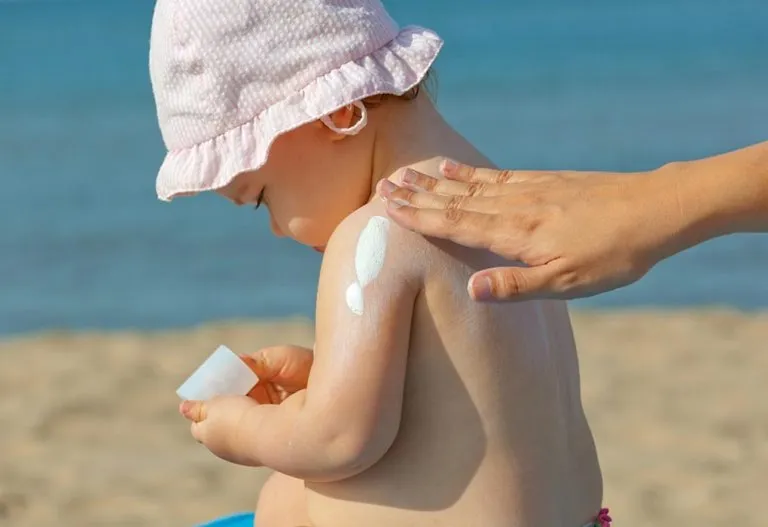
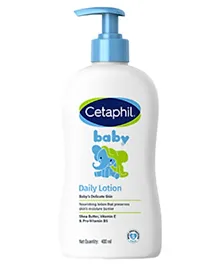
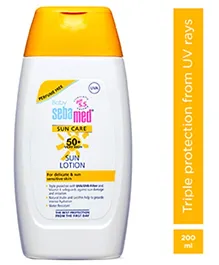
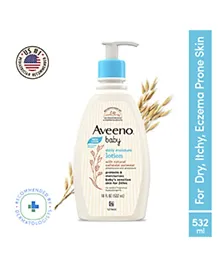
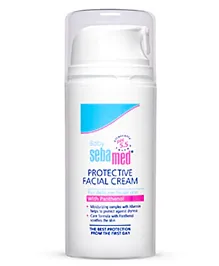
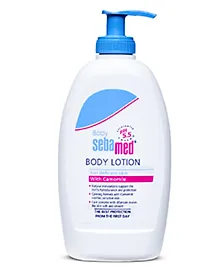
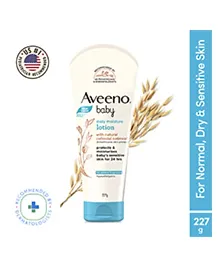
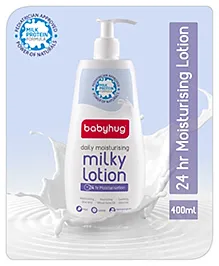
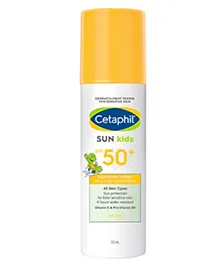
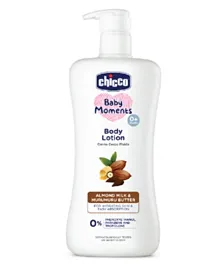
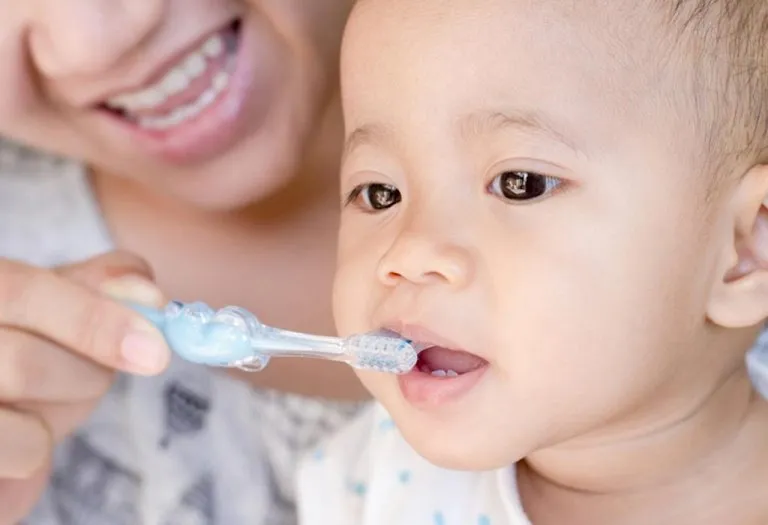
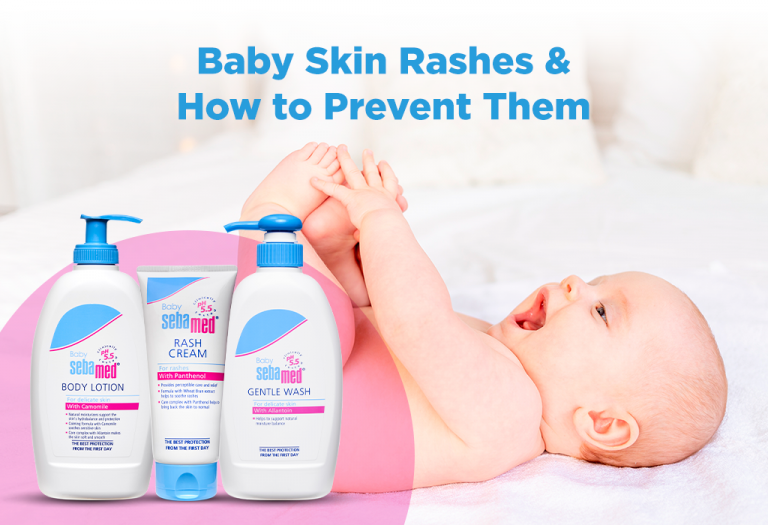
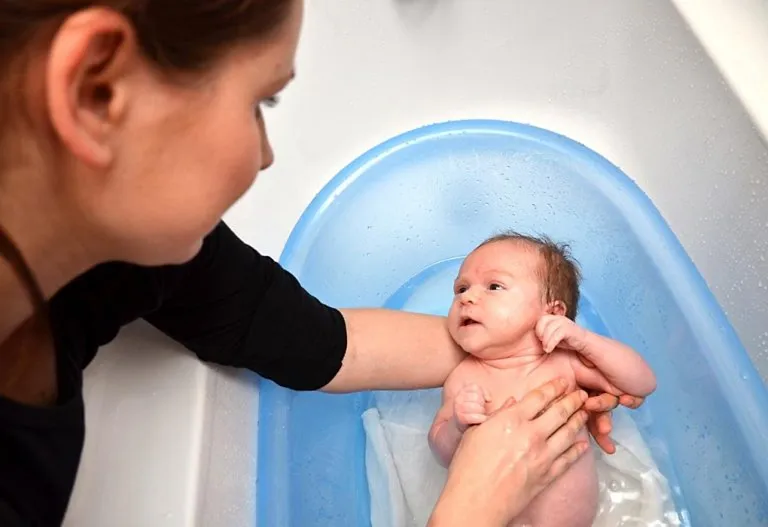

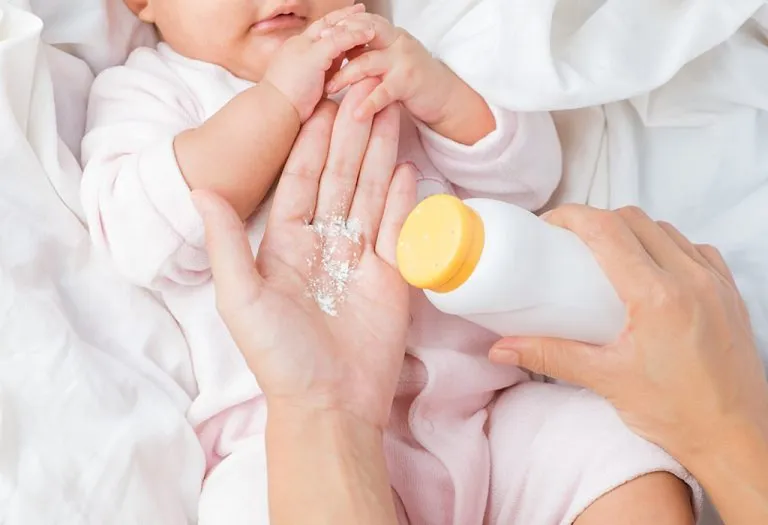
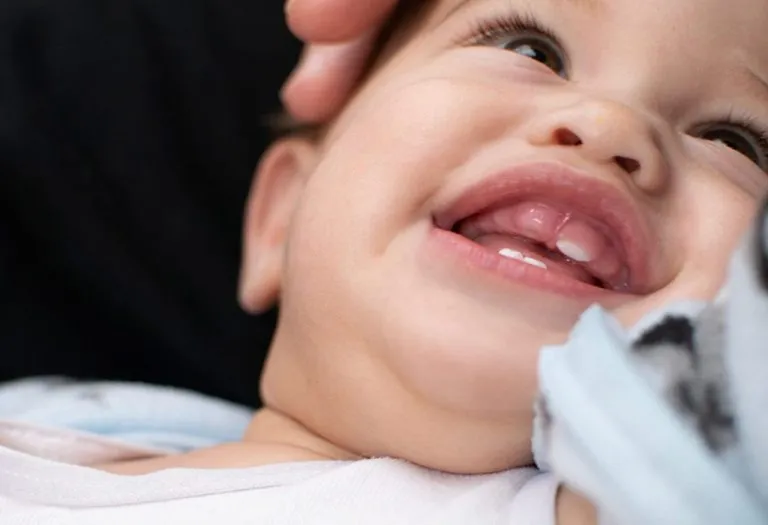

.svg)


















